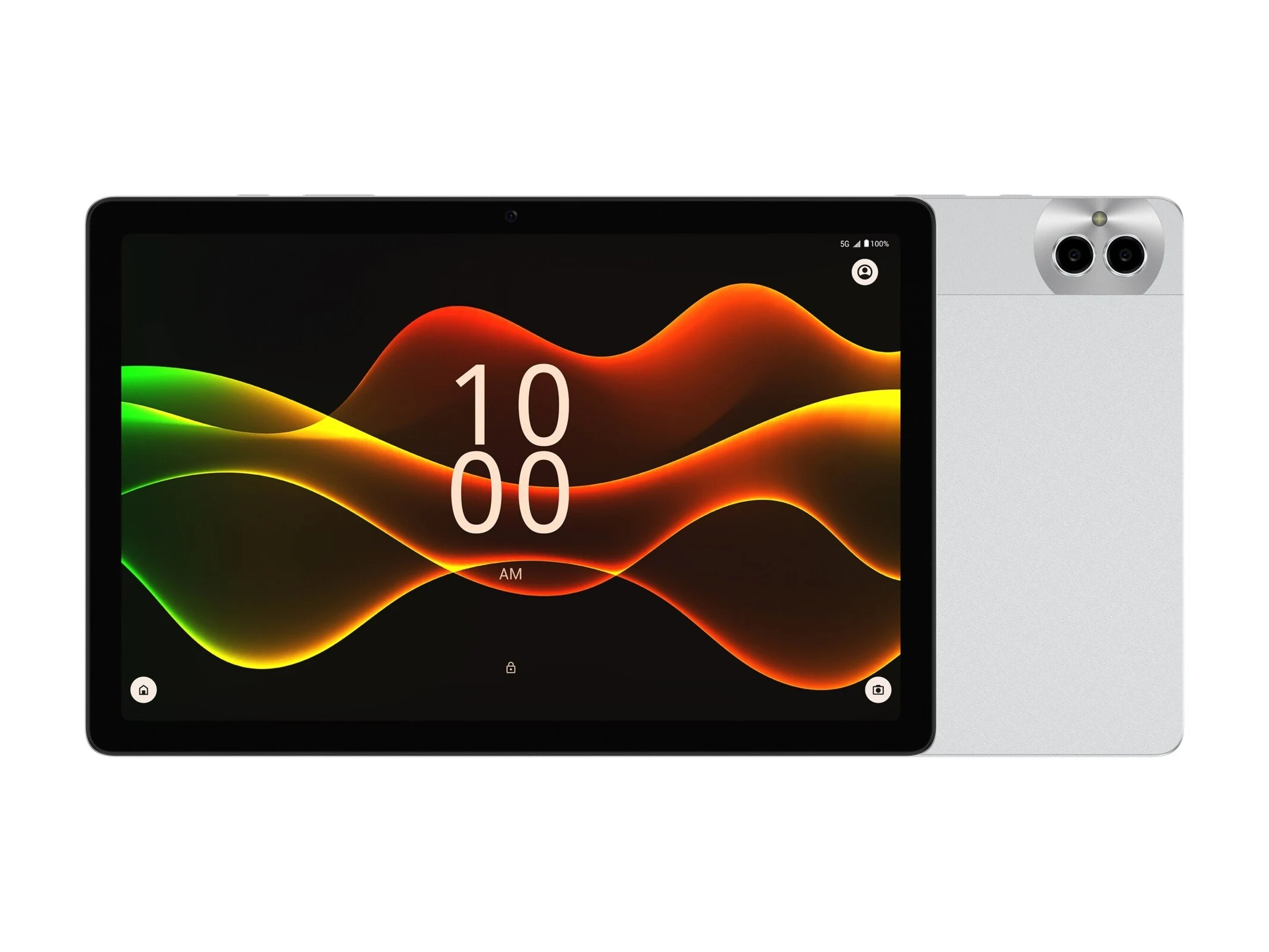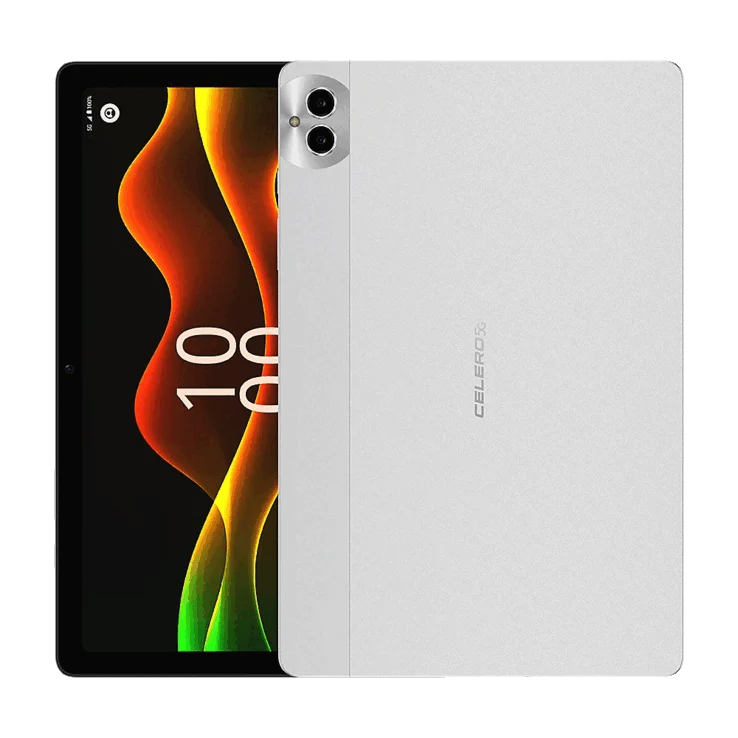Key Takeaways
1. Boost Mobile will rely on EchoStar for satellite services instead of partnering with Starlink like T-Mobile.
2. The acquisition of Boost Mobile by EchoStar enables plans for up to 200 low Earth orbit satellites for direct-to-cell services.
3. T-Mobile’s T-Satellite service offers Starlink connectivity for basic messaging and multimedia on selected Samsung devices.
4. Boost Mobile’s pricing for its future direct-to-cell service remains uncertain but aims to be competitive for its seven million subscribers.
5. EchoStar plans to launch over 200 Aurora satellites by 2029, with a contract valued at $5 billion for direct-to-cell satellite broadband services.
Instead of forming a partnership with Starlink for direct-to-cell services like T-Mobile, Boost, which is America’s fourth-largest carrier, will rely on its ownership by EchoStar, a satellite service operator.
Merger and Shifts in Ownership
To receive approval for its merger with Sprint, T-Mobile had to sell its Boost Mobile assets, and DISH acquired its subscribers, which were later purchased by EchoStar. This acquisition created a satellite giant that plans to launch as many as 200 low Earth orbit satellites, enabling Boost to offer direct-to-cell services similar to those provided by T-Mobile through its collaboration with Elon Musk’s Starlink network.
T-Satellite and Its Offerings
This service, known as T-Satellite, includes Starlink’s space connectivity, which costs $10/month, except for customers on the Experience Beyond and Go5G Next unlimited plans, who receive it at no charge. It allows basic messaging in areas lacking signal coverage and has recently started supporting multimedia exchanges, enabling users to send short videos, audio clips, images, and GIFs, though currently limited to Samsung devices like the discounted Galaxy Z Flip 7 available on Amazon. Beginning in October, T-Satellite will also introduce basic data services, featuring dedicated chat and social media applications for use in remote locations.
Future Pricing and Satellite Plans
It remains uncertain what Boost Mobile will charge for its direct-to-cell service, but since it will have its own dedicated satellite constellation, the pricing could be quite competitive for its over seven million subscribers. MDA Space from Canada will launch over 200 Aurora satellites as part of the initial Boost constellation, with services expected to roll out by 2029. The total contract value is projected to reach $5 billion, while EchoStar aims to provide direct-to-cell satellite broadband for compatible phones, deploying thousands of satellites worldwide if the demand is sufficient to support a market beyond just Starlink.
Source:
Link



